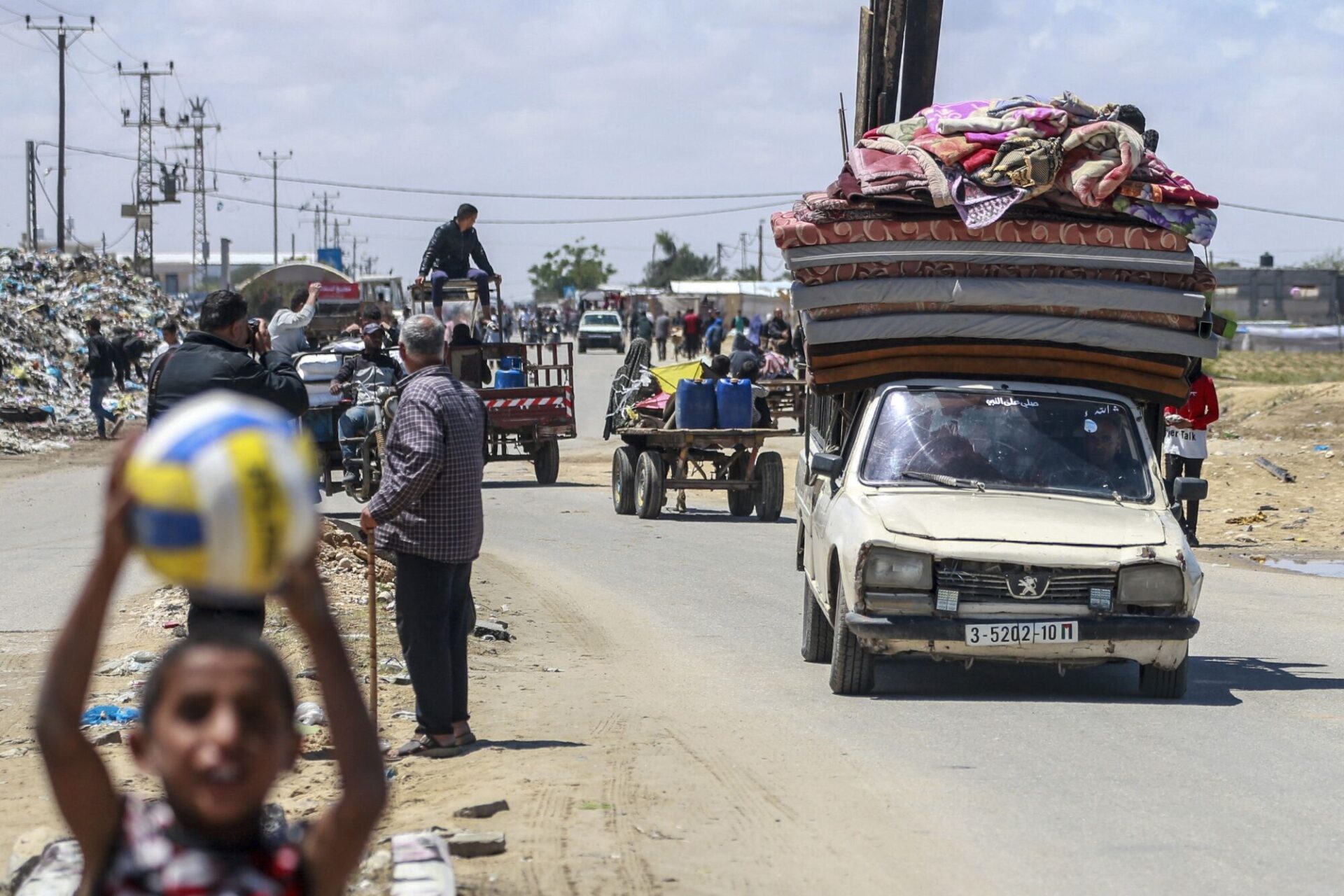- Dangote’s Six Business Strategies for Every Aspiring Entrepreneur
In 2011, I told a group of friends that at this rate, Dangote and his Dangote Group, will strategically control and earn most of Nigeria’s consumer spending. That was before Dangote refinery, rice farming and a series of unique business moves were made. In 2018, seven years later, Dangote Group announced that its investments in various sectors of the country now worth more than 10 percent of the Nigerian economy.
To put it in perspective, Nigeria’s Gross Domestic Product was $404 billion in 2016, according to the World Bank. That evaluation put Dangote’s investments at over $40 billion. More than his current net worth of $11.1 billion.
However, our focus here is Dangote’s strategies and implementations. Below are six of those strategies.
Take small but bold steps: Dangote Started as a commodity trader with zero manufacturing knowledge. However, he learned on the job and grew from a new entrant position to a power trader, still not enough to compete effectively. Dangote jumped into the manufacturing sector to take charge of the whole process in order to monitor quality and control costs.
“To achieve a big breakthrough, I had to start manufacturing the same commodities I was trading,” said Aliko Dangote.
Dangote’s backward integration strategy didn’t just allowed him to cut costs but also helped build Dangote BRAND through job creation and strong support for local production, which he subsequently used to advertise his products, societal marketing concept.
Be the first: Dangote started sugar production in Nigeria and became the first person to build a crude oil refinery. And whenever he is not the first like in the cement industry, he revolutionalized the industry through efficient value chain process that allows him to introduce competitive price while focusing on marginal gains.
“Make the best quality goods possible at the lowest price possible, while paying the highest wage possible. ” Henry Ford.
Be strategical: After paying taxes for years — with little to nothing to show for it in terms of infrastructure. Dangote approached the government for an agreement to use his taxes to build roads under his new company, Dangote Construction Company. Not only will Dangote build roads to enhance his businesses and communities in which he operates. He will make profits from his own tax/construction company, just by thinking outside the box.
If it is not working move on: Too many people hold on to an idea for far too long, forgetting the idea is a means to an end not the end in itself. Dangote sells his noodle plants to rival De United Foods Industries (Indomie) for $12 million after several efforts to perfect its product quality and gain reasonable market share from Indomie, that was controlling 70% as at the time, failed. He knows he is not going to win and if anything at all it will take years.
Take calculated risks: In an economy with numerous business challenges but unmet needs, Dangote won’t stop taking risks despite experts saying otherwise. He acquired a struggling state-owned cement plant in 2000 and built one of the world’s largest cement plants, Obajana. He understands he is not going to make money or meaningfully impact the lives of his people without solving key challenges. Most entrepreneurs won’t even risk 20 percent of their net worth on a single project, however, Dangote took on a complex project, oil refinery, requiring more than his entire net worth of $11.1 billion. The US$14 billion refinery project with capacity to produce 650,000 barrels a day will turn Nigeria from importer of petroleum products to net exporter by 2020.
Be the difference: Before Dangote, there were great industrialists, however, apart from late Moshood Abiola, because of his political career, Dangote is now the face of African entrepreneur because of his unique approach to business and ability to take on complex projects like the refinery. He is the difference.

 Naira4 weeks ago
Naira4 weeks ago
 News4 weeks ago
News4 weeks ago
 Naira4 weeks ago
Naira4 weeks ago
 Naira3 weeks ago
Naira3 weeks ago
 Jobs4 weeks ago
Jobs4 weeks ago
 Travel3 weeks ago
Travel3 weeks ago
 Naira3 weeks ago
Naira3 weeks ago
 Investment4 weeks ago
Investment4 weeks ago


























